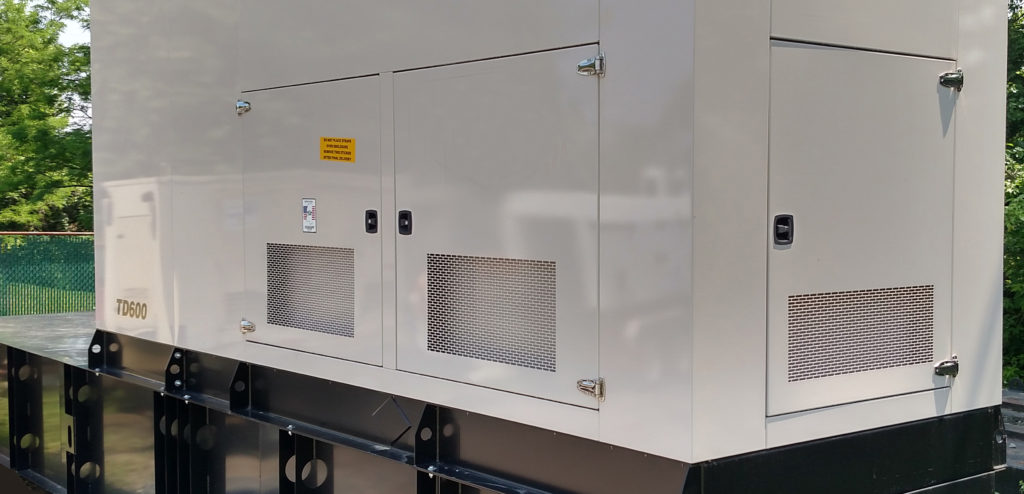Fuel issues are the number one reason for emergency call outs. With hundreds, if not thousands, of dollars in fuel inventory at stake, testing for fuel quality should be #1 on your to do list.
Fact. Most diesel generators that were used during Super Storm Sandy in 2012 ran well and after which were filled with fresh diesel fuel. Today, almost 3 1/2 years later, most of that diesel remains in those tanks.
Our research from speaking with multiple fuel providers, reviewing documented information on the topic, and gaining insight from various experts in the field, revealed a general consensus that diesel fuel begins to break down and loose quality after just 6 months!
Today’s fuel is not the same chemically as it was years ago. At a much quicker rate it will molecularity change, attract moisture, and promote the growth of bacteria. All of which can spell disaster for the successful operation of your generator.
So what makes today’s fuel different?
The short answer is that today’s diesel has reduced sulfur content and increased biodiesel. The EPA, in an effort to combat air pollution, has mandated the reduction of sulfur content in diesel fuel. New fuels such as Biodiesel and Ultra-Low Sulfur Diesel (ULSD) are now prevalent throughout the country. Both of these fuels have excellent qualities to deliver emission reductions and air quality improvements. However, these fuels are more chemically dynamic and more vulnerable to microbial attack, which accelerates corrosion and adds to particulate contamination.
Why is this important to me?
Diesel generators recirculate hot unused fuel back to the cold storage tank. Each time your generator runs for weekly test cycles, it introduces heated fuel back to the tank. This hot fuel speeds the breakdown of diesel, shortens its life span, and promotes the following:
- Water attraction – While naturally occurring through condensation, today’s lighter density fuels have a greater tendency to attract moisture. Water causes corrosion and rust which can lead to expensive tank failures. But more importantly, rust particulate can be carried through the engine’s fuel delivery system causing excessive wear and potential failure of expensive fuel pumps and injectors.
- Bacterial and fungal growth – Sulfur is a natural biocide that in the past kept fuel clean of bacterial growth. Without it, organisms will grow unfettered whenever water is present in the tank, feeding on the fuel itself. Excessive growth will clog fuel filters and fuel pumps.
- Winter Cold – Accumulated water in outdoor storage tanks can present icing issues within the tank. Ice particles that migrate through fuel lines will clog both lines and filters.
Recognizing that our customers have large amounts of fuel stored in their generators, P3 felt it necessary to research the issues surrounding fuel management and educate our customers on available alternatives to maintaining quality fuel.
To learn about our fuel management plan including testing and treatment.
Contact us today
P3 Generator Services
Alpha, New Jersey (NJ) 08865


